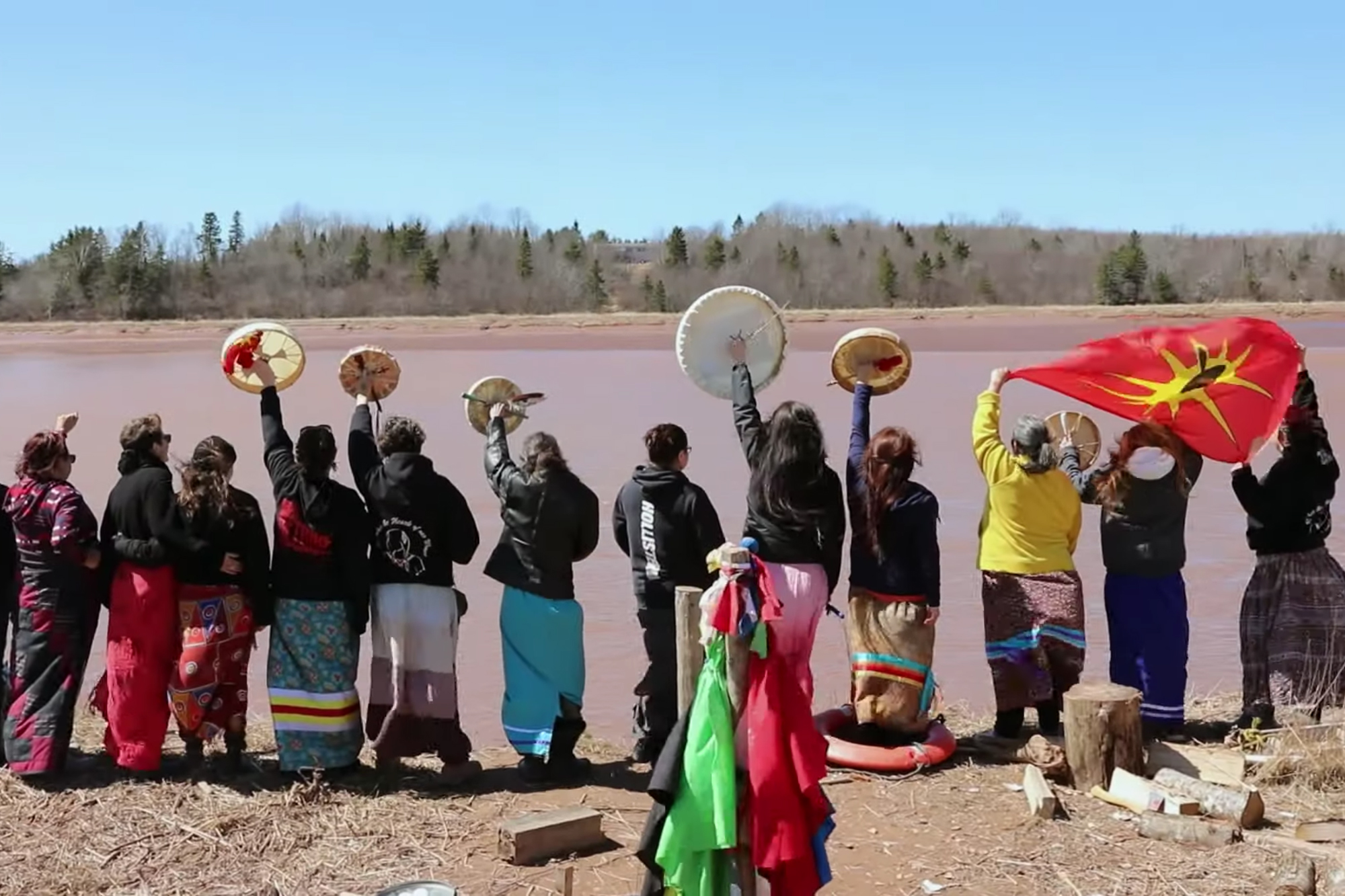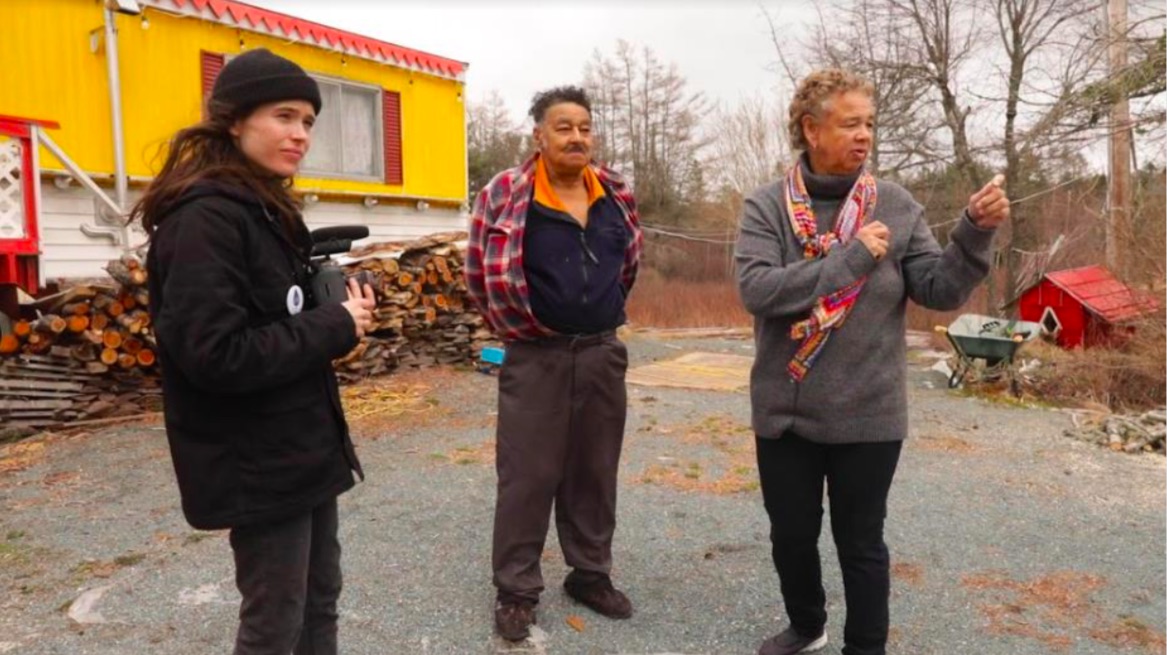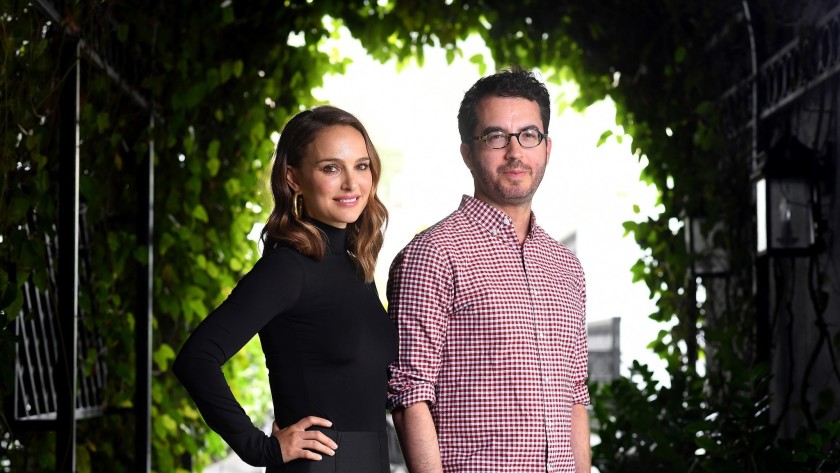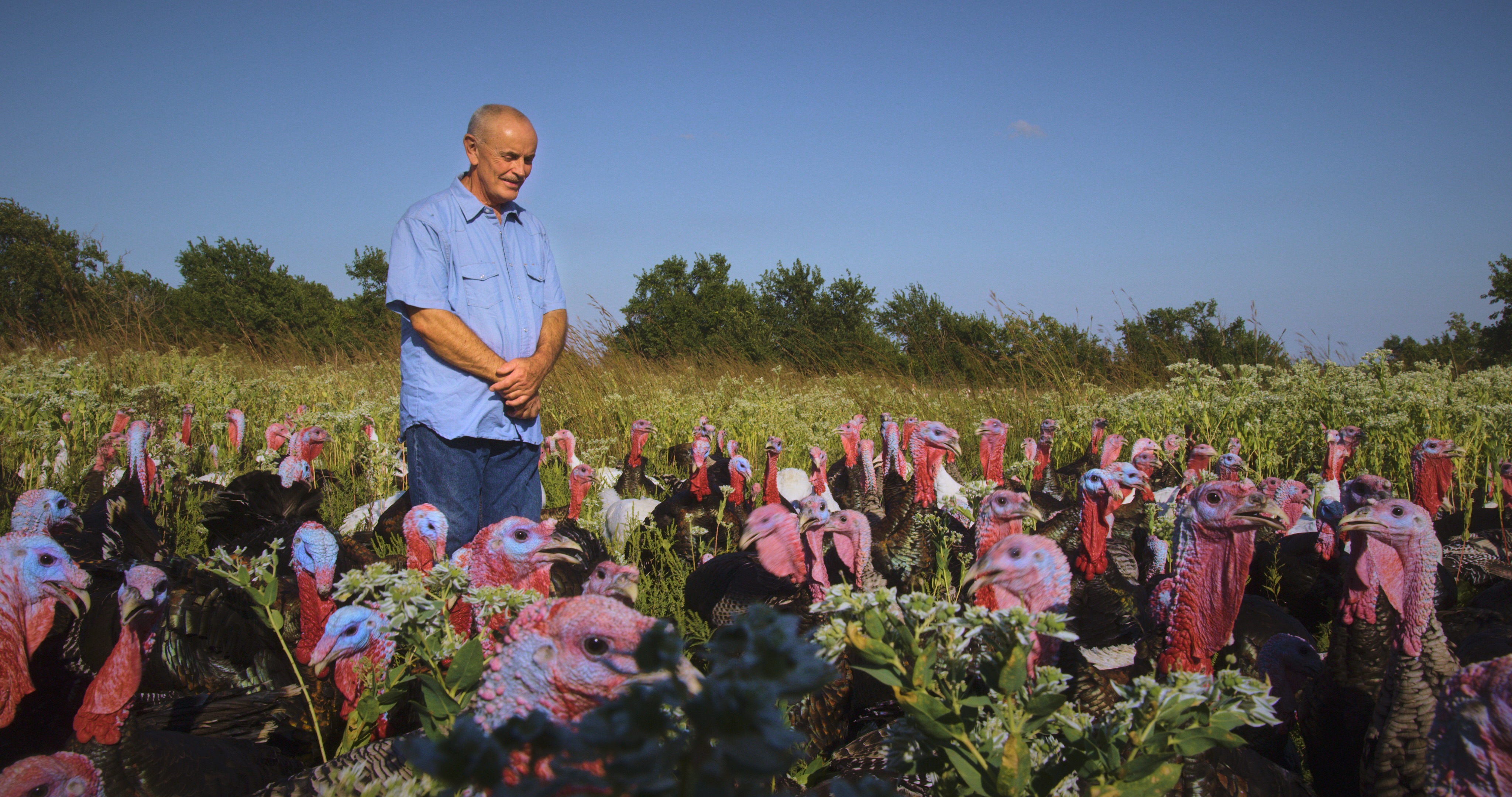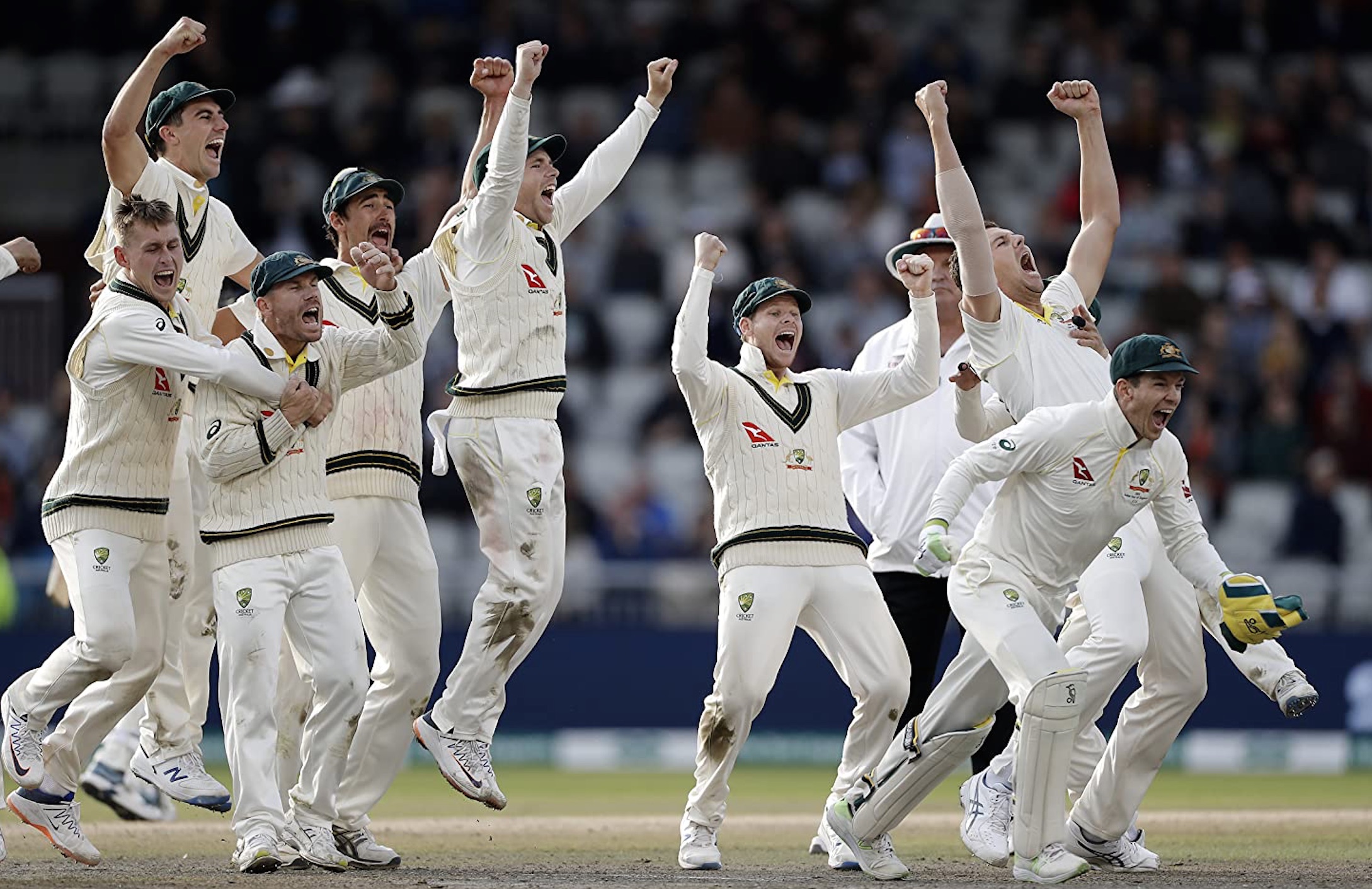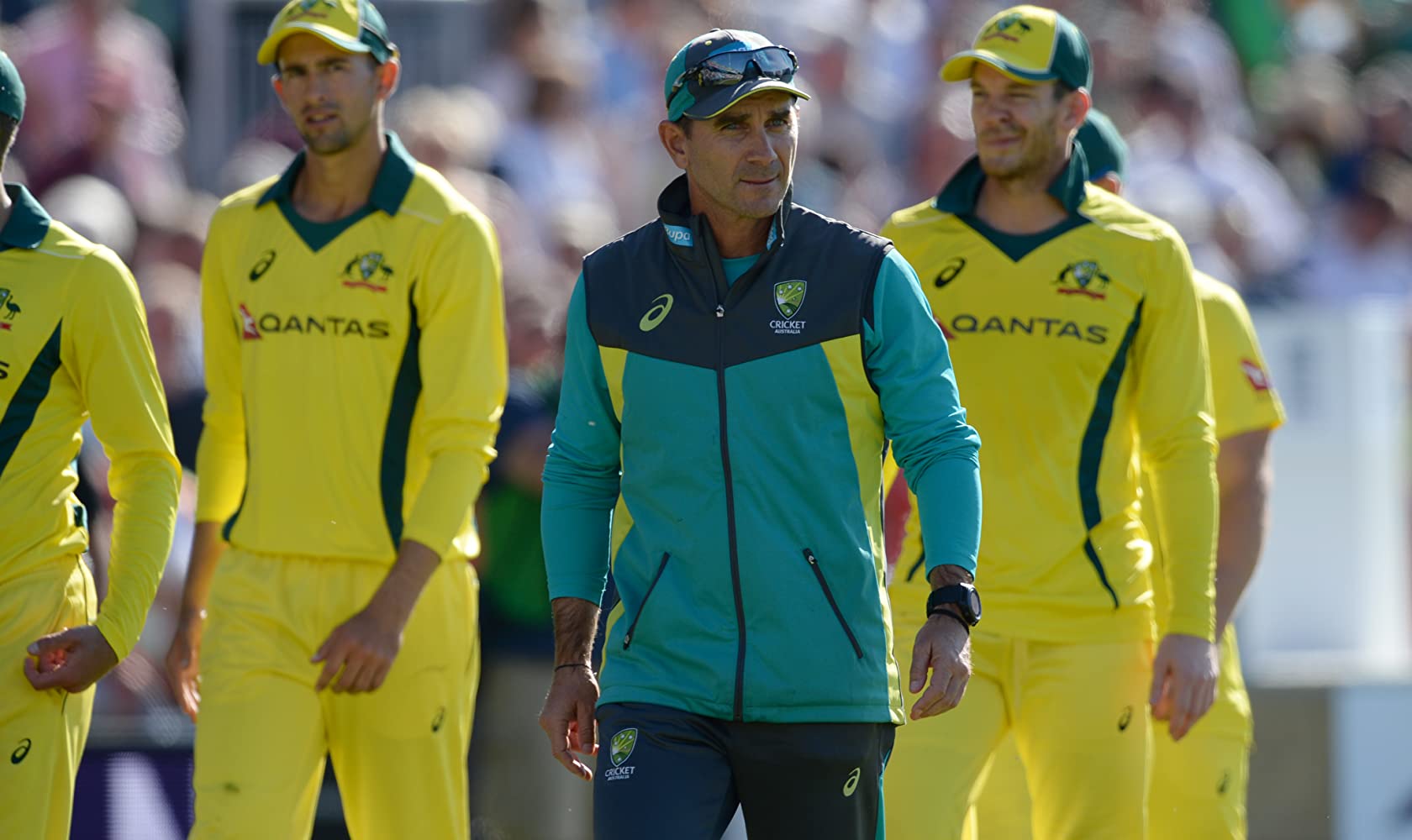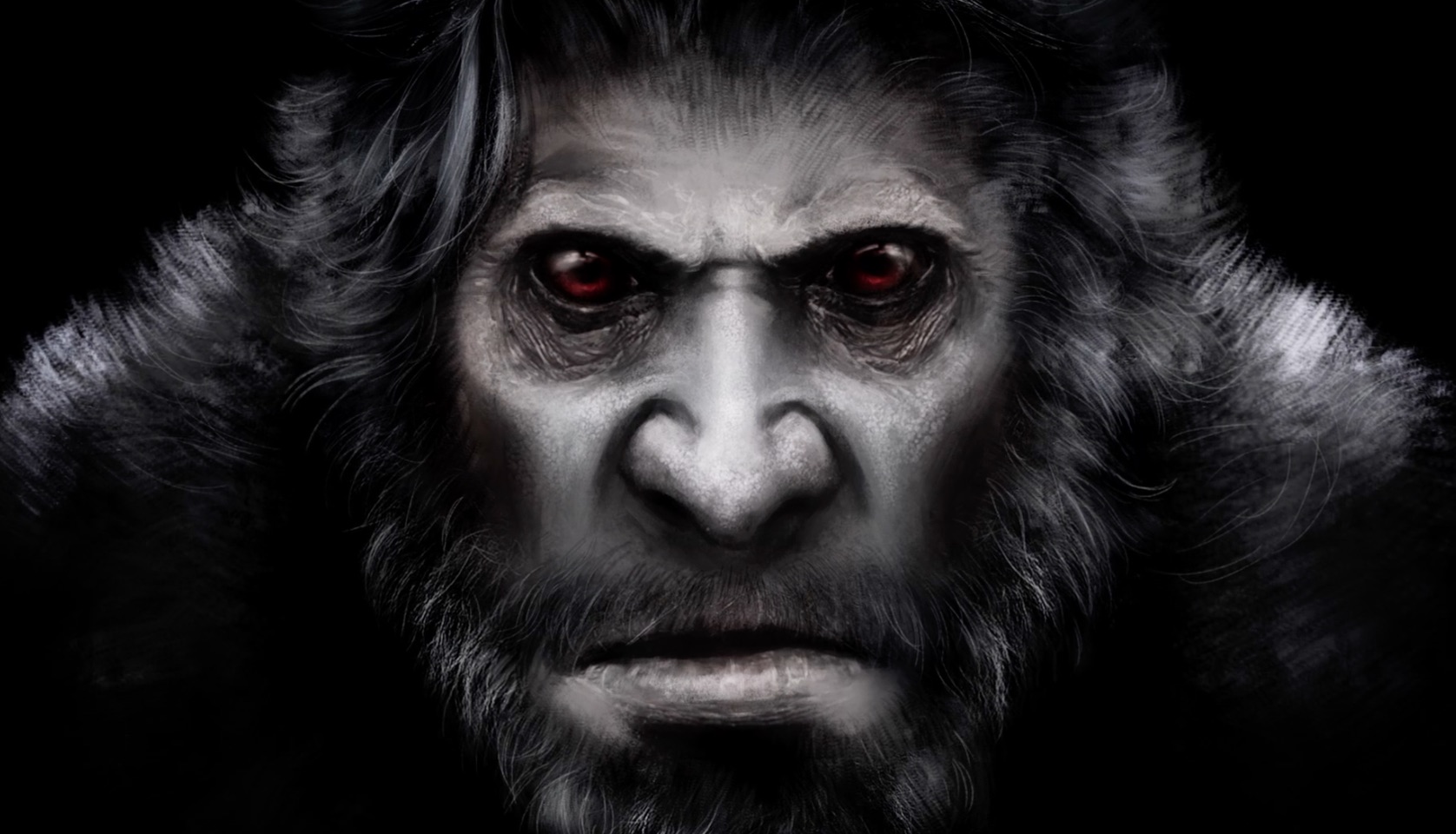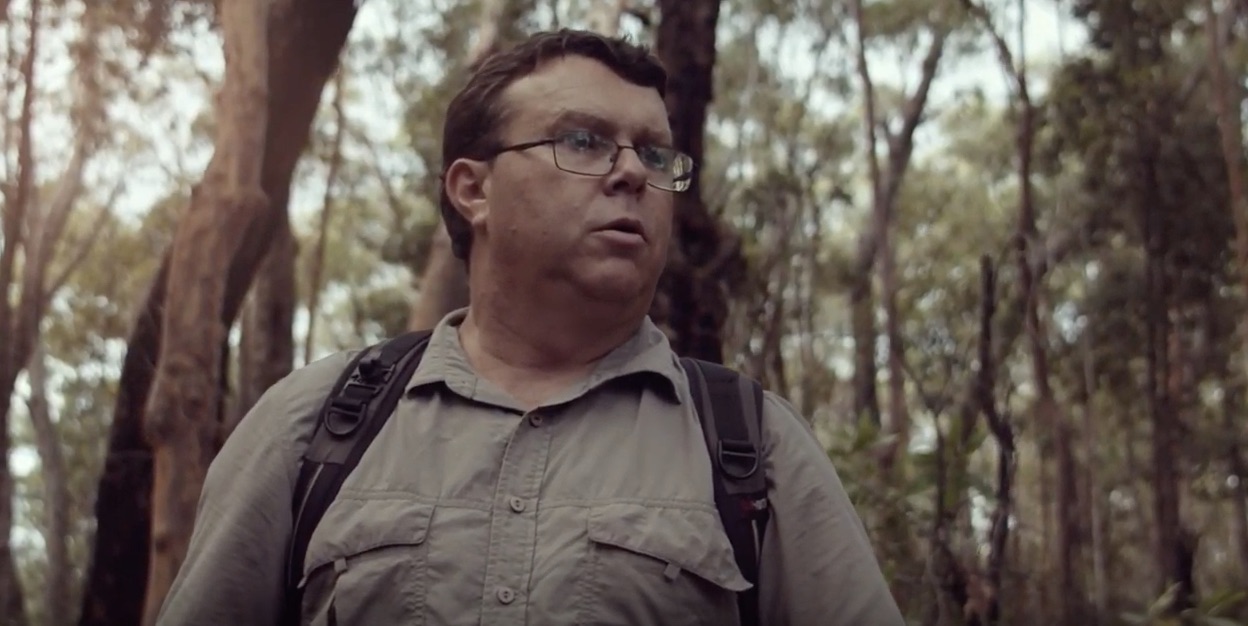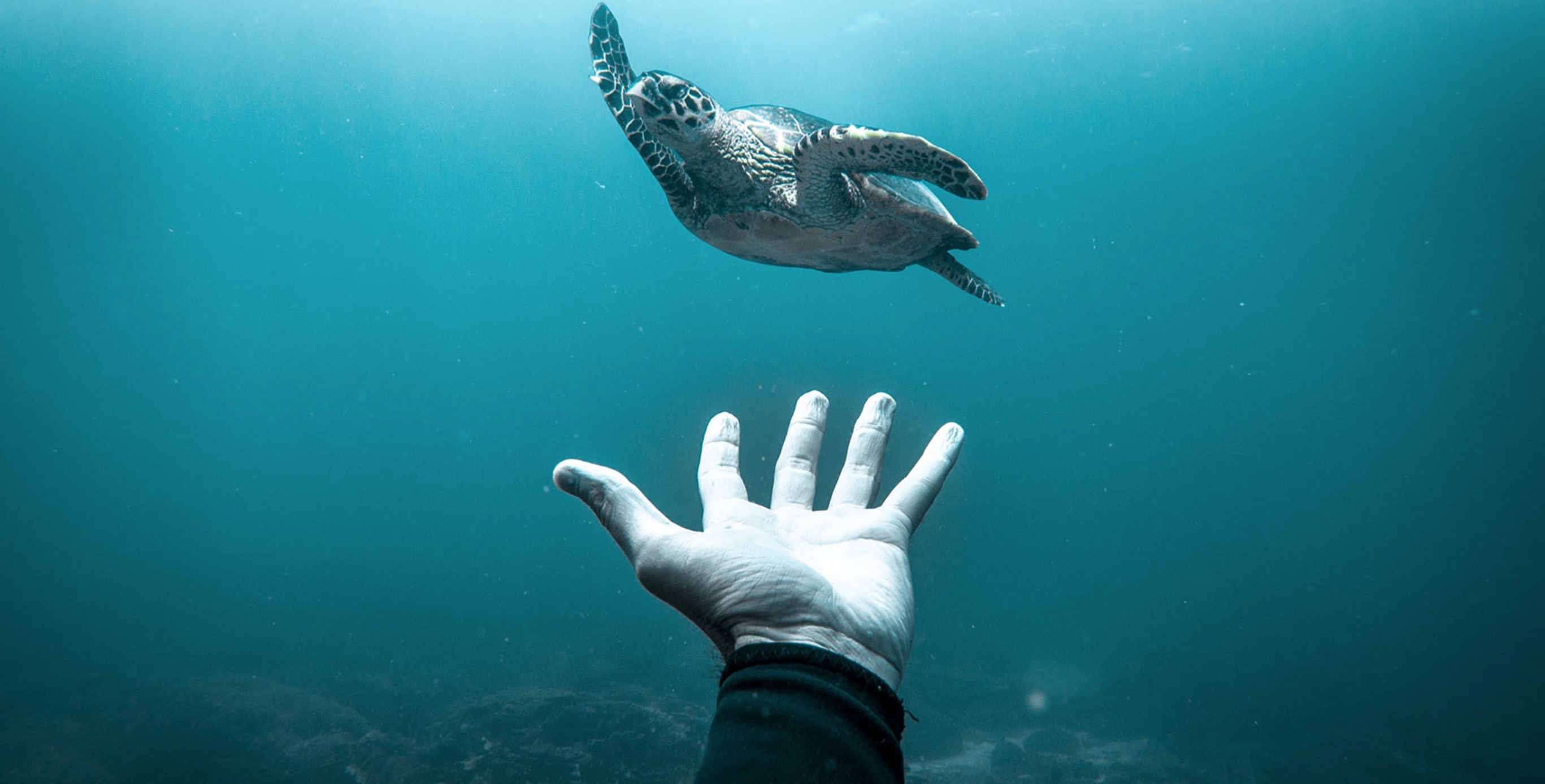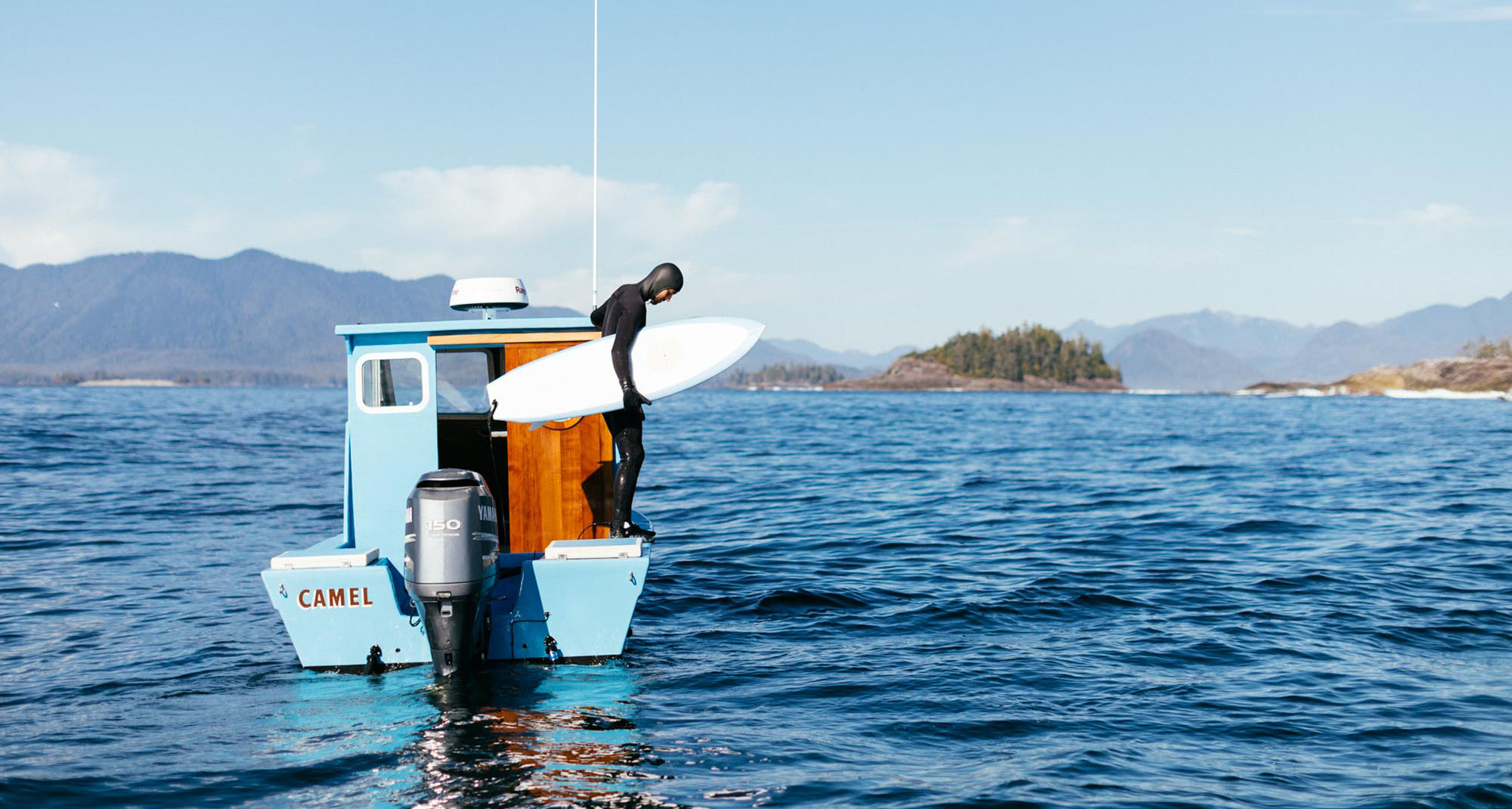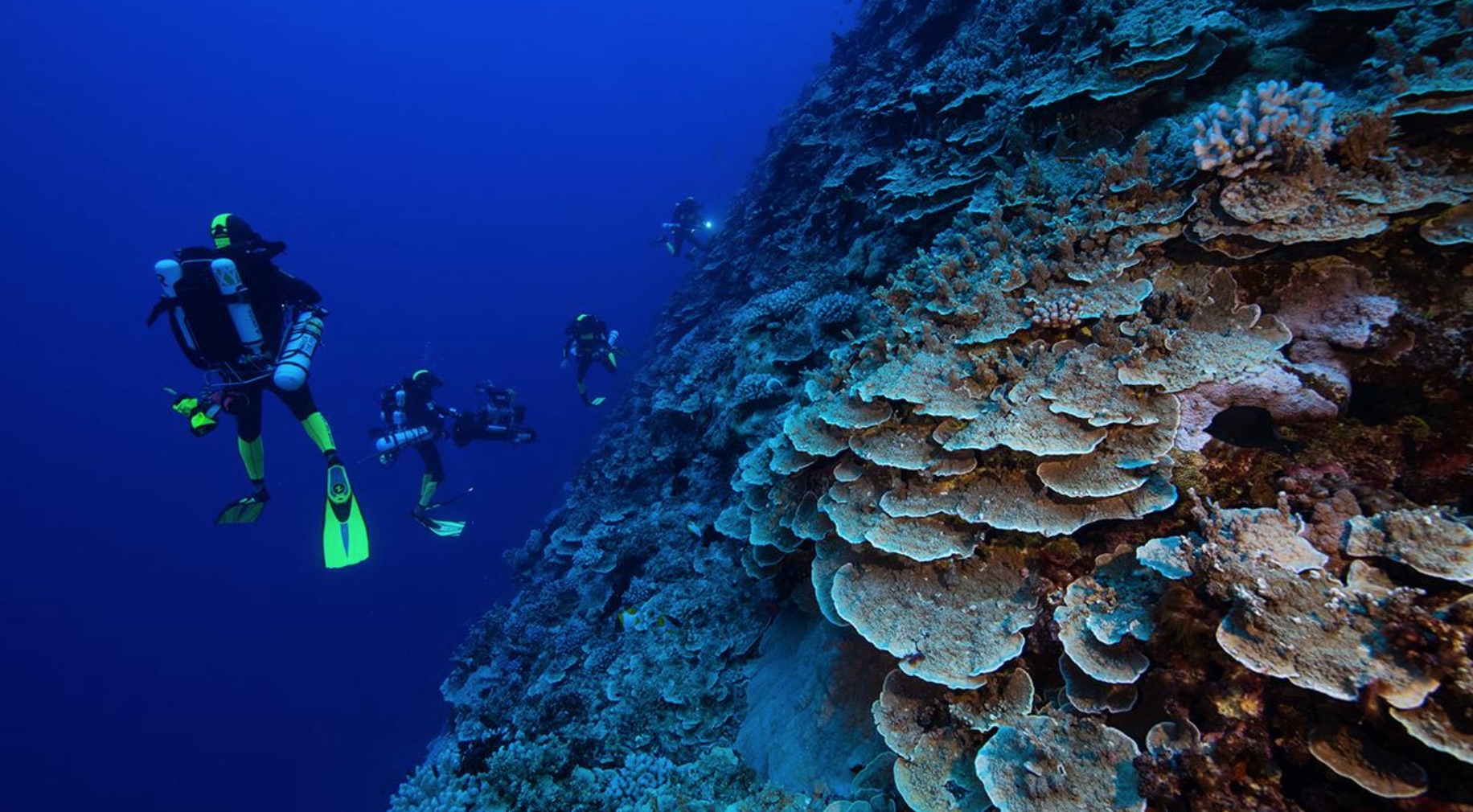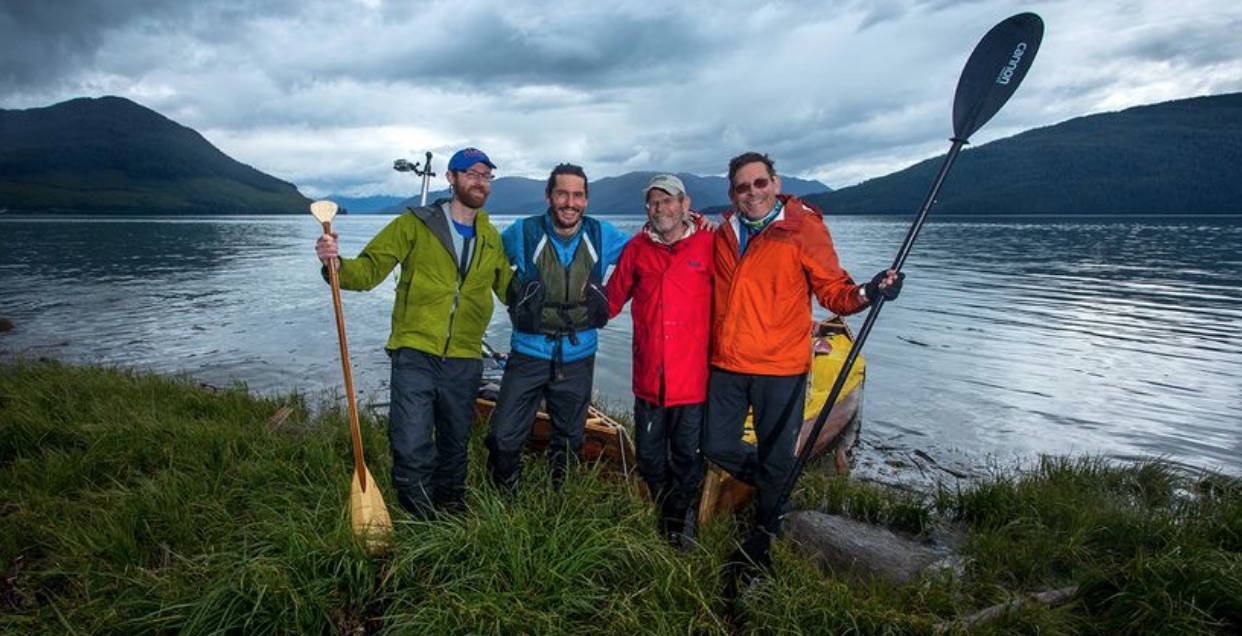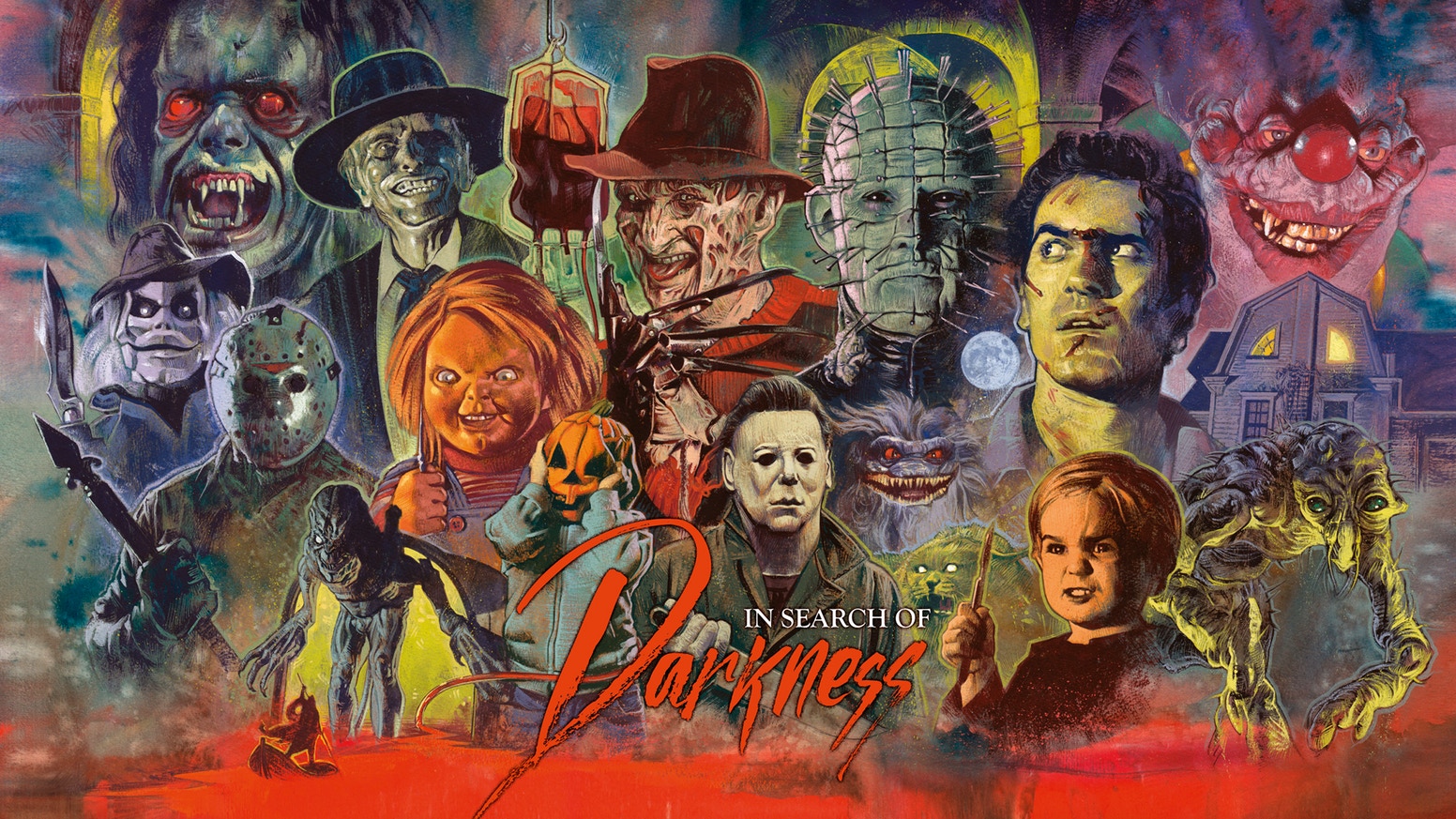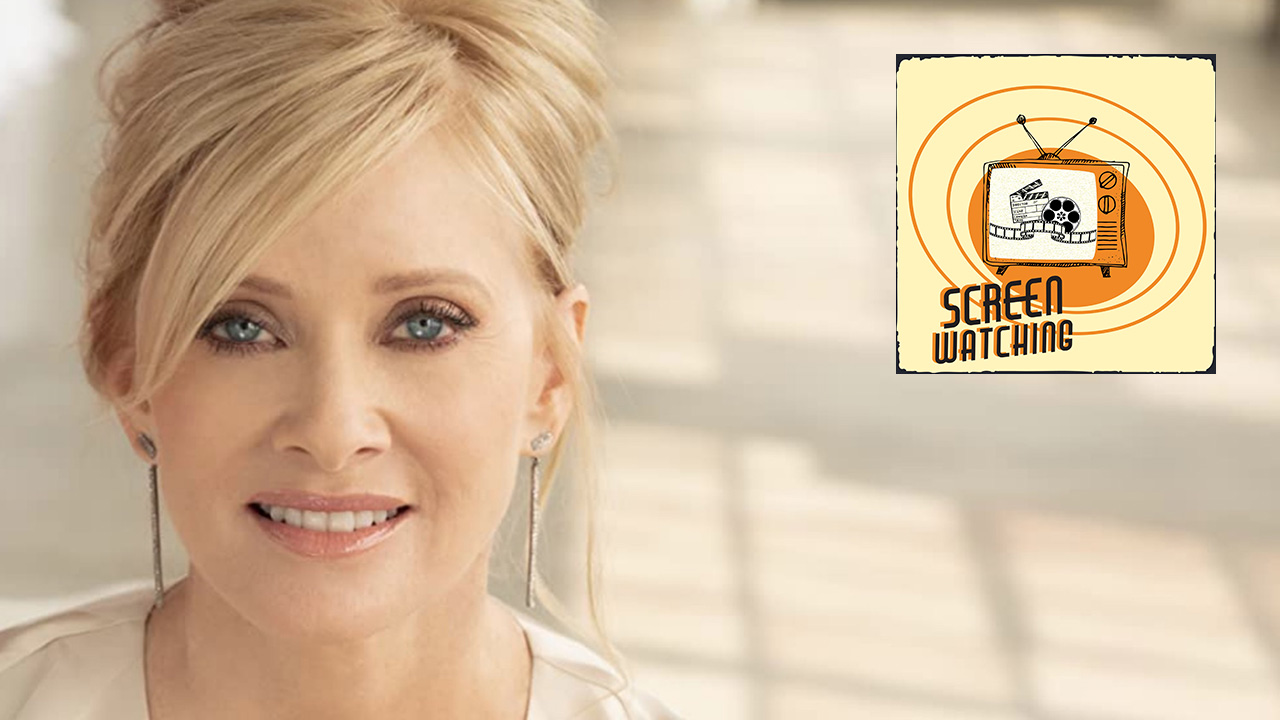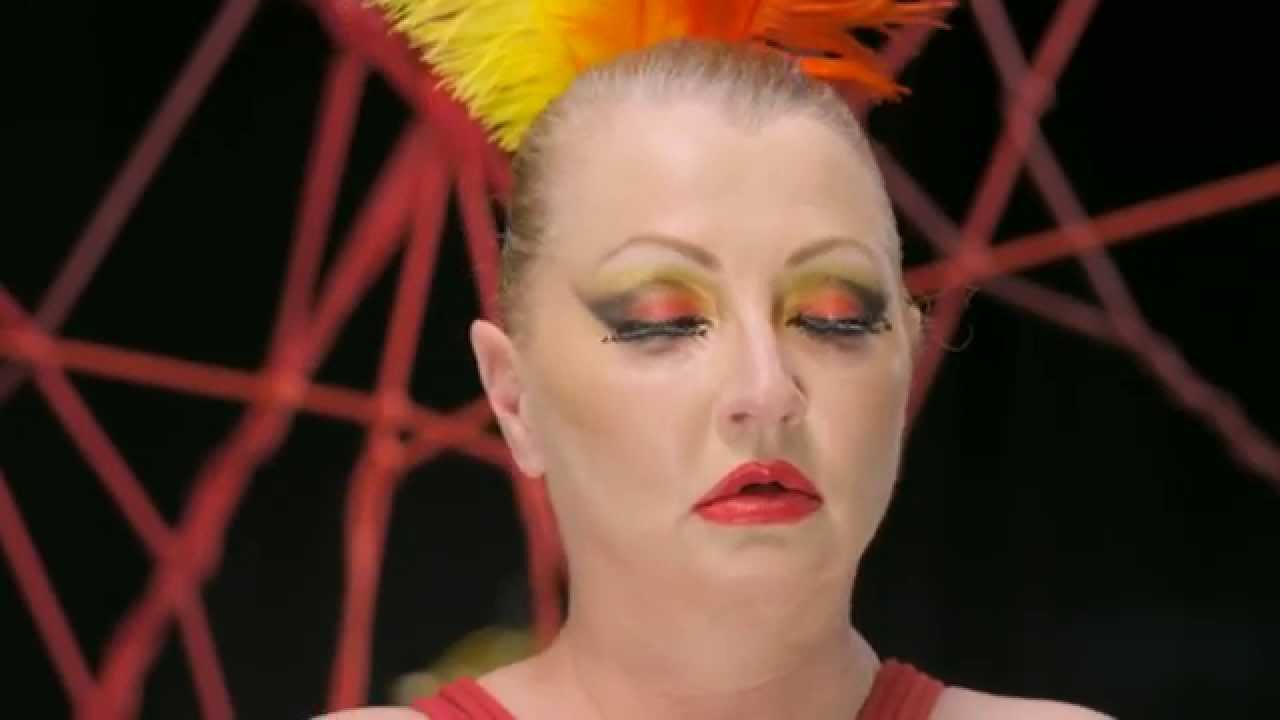PLANET OF THE HUMANS
 Wednesday, April 22, 2020 at 9:51PM
Wednesday, April 22, 2020 at 9:51PM
Featuring: Jeff Gibbs, Richard Heinberg, Richard York, Nina Jablonski, Ozzie Zehner, Adriann McCoy, Philip Moeller, Steven Running, Steven Churchill, Sheldon Solomon, Josh Schlossberg, Catherine Andrews, Adam Liter, Pat Egan, Van Jones, Robert F. Kennedy Jr., Bill McKibben, Vandana Shiva.
Director/writer: Jeff Gibbs
Available free for 30 days on:
Rating: ★ ★ ★ ★
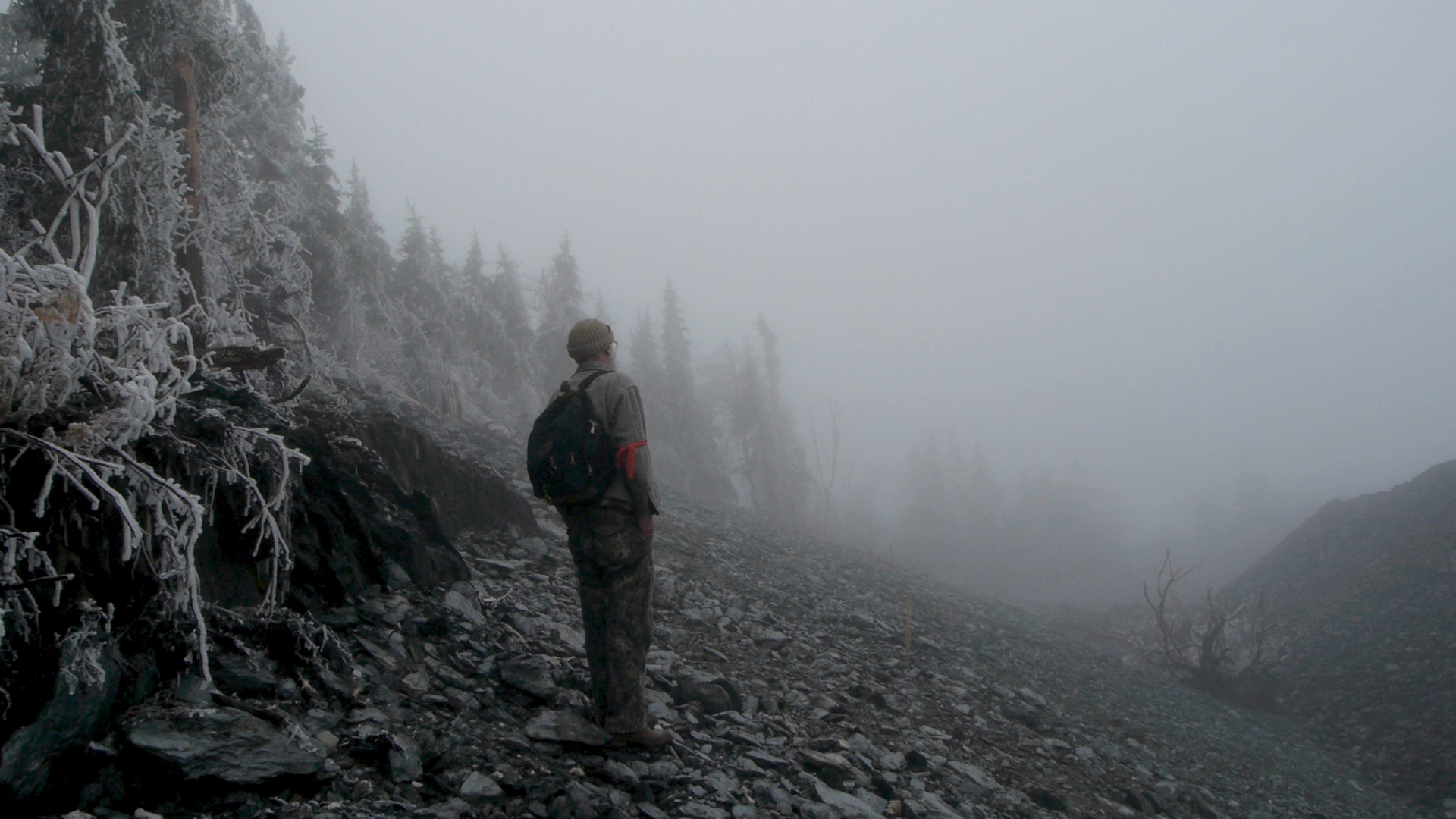
“How long do you think we humans have?,” asks frontman Jeff Gibbs in the opening frames of his Green Industry takedown doc, Planet of the Humans. The answer? If Earth’s recovery is left in the hands of those that spruik loudest for industrial reform, it’s a lot less than you think. Steeped in executive producer Michael Moore’s steely brand of deep-dive investigative conjecture and finger-pointing , the pair paint a bleak picture of a near future that mankind’s very existence is irrevocably condemning.
The title has the ring of a 50s B-movie, the kind about a lost spacecraft that finds itself on a distant planet populated with some horrid lifeform. That ‘horrid lifeform’ is us; as Agent Smith said, “Human beings are a disease, a cancer of this planet.” Planet of the Humans makes the double-barrelled point that population growth will be the death of us all (“Infinite growth on a finite planet is suicide,” Gibbs observes in his narration) and that we may have been fatally misled regarding those in whom we have put the trust to right our highway to Hell.
Strong words decrying the human race’s abuse of its status as the single dominant species on the planet bleed into a series of revelations about the insidious takeover of the green movement by capitalist interests. Gibbs offers up a bullet-point history of our understanding of climate change and impact of pollutants; in 1958, only five years after the postwar wave of industrialization swept across America, director Frank Capra made a short film warning of the long-term cost. From that point on, environmental activism has fought Big Industry, while all the time Big Industry increased its influence over lawmakers and commercial hold on the sector.
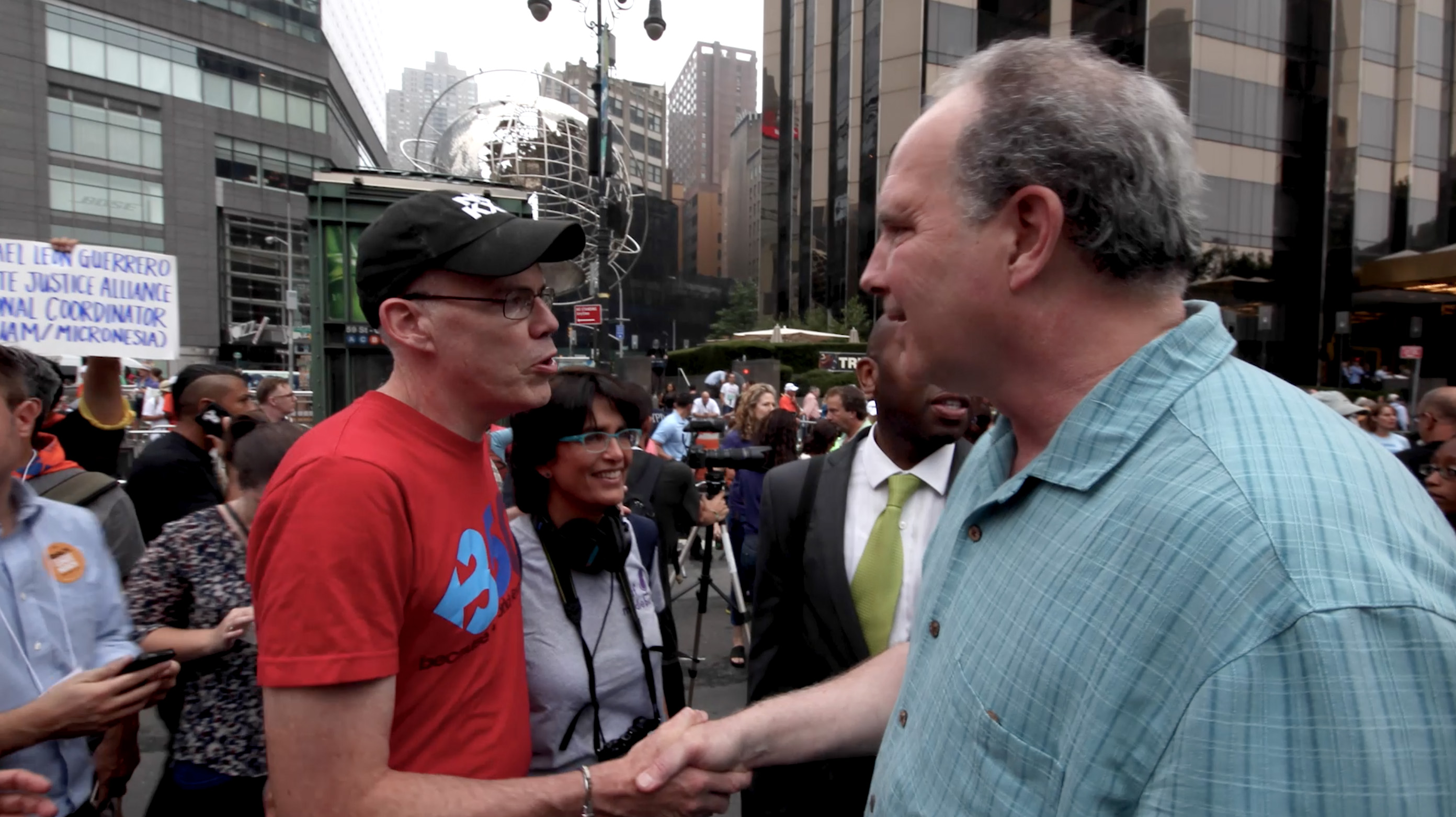
Gibbs narrows his focus in the film’s homestretch, ripping into the likes of once-were-eco-warriors Al Gore, Bill McKibben (pictured, above; left, with Gibbs), Richard Branson and Robert F. Kennedy Jr. for their interests in green-tinged business fronts for billionaire investors and Wall Street snakes. Also exposed as profit-driven hypocrisy is the ‘biomass/biofuel’ sector, a developing faux-green industry that guts forests and burns carcinogenic garbage utilising practices that unbelievably fall within the government guidelines for ‘sustainable energy’.
In his feature directorial debut, Gibbs (who produced Bowling for Columbine, Fahrenheit 9/11 and Fahrenheit 11/9 for Moore) proves less the personality than his regular collaborator. However, understanding his lifelong commitment to environmental causes gives Gibbs’ occasionally onscreen/mostly offscreen role an intensity that serves his advocacy aims well, even if his delivery is a bit dry. That said, he bites hard when he has a point to make; his final frames, which tragically portray our impact upon those with whom we share this world, are gut-wrenching.
Unavoidably, Planet of the Humans is a downbeat journey, often in spite of factual filmmaking that is energised and driven in its storytelling. Its message is, more or less, “Hey, we trusted the same people you did, and they’ve shafted us.” Gibbs offers no ‘If you want to help...’ call-to-action at the film’s end; instead, he imparts crushed resignation, implying we had our shot and we blew it. We are further down the path towards our own destruction than any of us knew, except for those steering us there.
Happy Earth Day, everyone…
 Climate Change,
Climate Change,  Documentary,
Documentary,  Environmental
Environmental 

